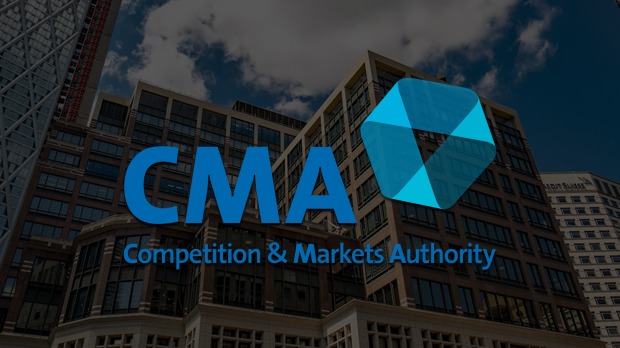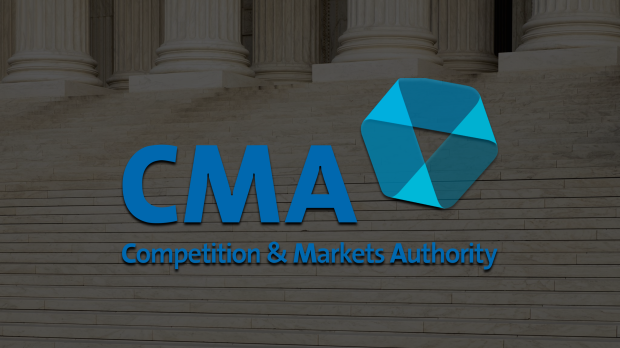Microsoft or Activision may have revoked a confidentiality waiver from the Competition and Markets Authority (CMA) which restricted the amount of information the UK agency could share with the Federal Trade Commission (FTC) in the United States.

In an effort to preserve transparency, the Competition and Markets Authority has published an email between agency CEO Sarah Cardell and Business and Trade Select Committee Chair Darren Jones in relation to a recent trade hearing. At the hearing, Cardell was asked to provide more information on how many times the CMA had shared information with the FTC in the United States. The hearing aimed to address concerns of potential influence between the two international merger control agencies, especially after allegations of collusion between the CMA and the FTC to block the Microsoft-Activision merger.
In the email, Cardell confirmed that the CMA had met with the FTC in 26 oral and written meetings, including video calls and emails. Cardell also says that the CMA had secured key confidentiality waivers from Microsoft, Activision, and third parties that allowed the agency to exchange certain information with the European Commission in the EU and the Federal Trade Commission in the United States. These waivers are common practice for worldwide mergers, and both the FTC and CMA have their own waiver templates.
However, Cardell says these waivers had been withdrawn farther along in the investigation.
It's unclear which parties had withdrawn their respective waivers, and it's unknown whether Microsoft and/or Activision withdrew their confidentiality waivers, or perhaps a third party like Nintendo or even Sony Interactive Entertainment.
We know that Nintendo of America has been quite resistant in providing information to the FTC in relation to the 10-year Call of Duty deal it has signed with Microsoft; Nintendo had delayed until it was court-ordered by the FTC's administrative judge to comply with a subpoena for document production.
The revocation of the waivers meant that the CMA could no longer exchange confidential information with the FTC. Given the circumstances and accusations made by Activision CEO Bobby Kotick, who made comments like the CMA had been "co-opted by FTC ideology" and the UK regulatory agency was being "used as a tool by the FTC," it's possible that the merging parties were the ones who withdrew their waivers.
In a recent appeals hearing, Activision legal counsel also said that the CMA had only spent 4 weeks out of its total 32-week investigation focused on cloud gaming.
The following is a relevant except from the published email:
"As part of the CMA's investigation of Microsoft's anticipated acquisition of Activision, there was engagement with numerous overseas competition authorities. The CMA had waivers in place from the merging parties, as well as some third parties, in relation to several overseas authorities, including the FTC and the European Commission. This enabled the CMA to share certain information with those authorities more freely.
"One difficulty which the CMA can face in cases such as this, and indeed did face in this case in relation to the FTC in the latter stages of the investigation, is that these waivers can be withdrawn, which - while not preventing engagement with counterparts - can limit the extent to which the CMA can exchange certain information, unless other gateways for information exchange are available."
Required reading on the Microsoft-Activision merger:
- CMA on Microsoft-Activision merger: 'We're not doing bidding of other agencies'
- CMA has been 'co-opted by FTC ideology,' says Activision CEO Bobby Kotick
- FTC responds to Activision CEO, says it 'absolutely did not collude' with CMA
- FTC Chair Lina Khan denies CMA collusion, says accusations are 'flatly untrue'
- U.S. House opens probe into FTC, Chair Lina Khan accused of 'abuses of power'



